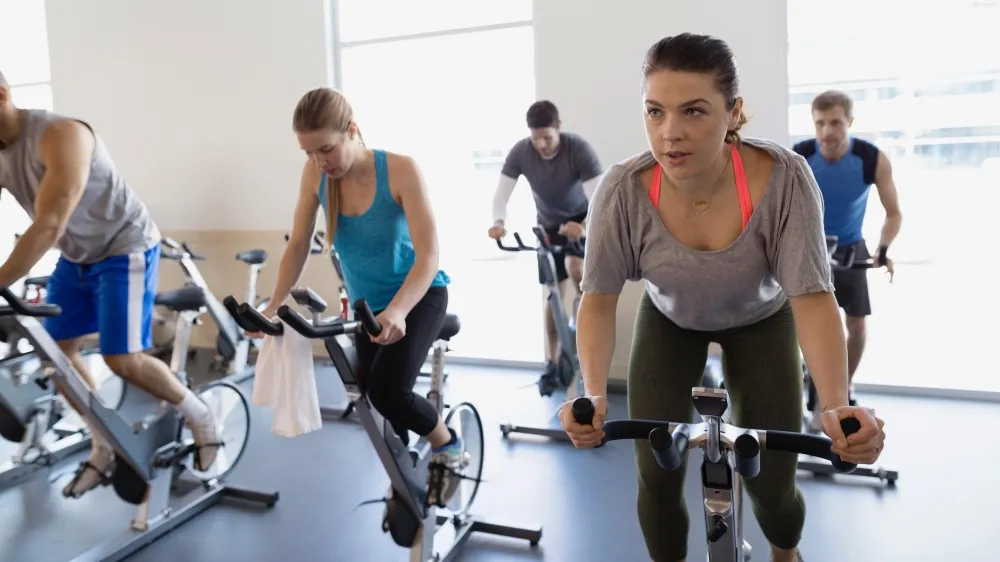It may be chilly outside, but that's no excuse to let training slip. The winter months, wet roads, cold weather and dark nights present new challenges for your bike riding, yet there are some real benefits to maintaining a cycling routine.
Give your riding a boost with some winning winter cycling options. Staying in touch with your bike will mean you'll develop cycling stamina and technique over the winter and build a great foundation to kickstart the new season.
1. Spinning classes
These indoor group cycling classes are usually held at gyms, health clubs and leisure centres. The cycling is done to music on a stationary bike with a weighted flywheel. The resistance is controlled by the rider, but the session structured by an instructor.
Good: They are high-intensity, motivating and time-efficient. They’ll give you a great cardiovascular workout in a warm and dry environment.
Bad: A poor instructor can make a spin class seem very dull. Sessions are not at specific intensities and are often too short to be effective for bike racers.
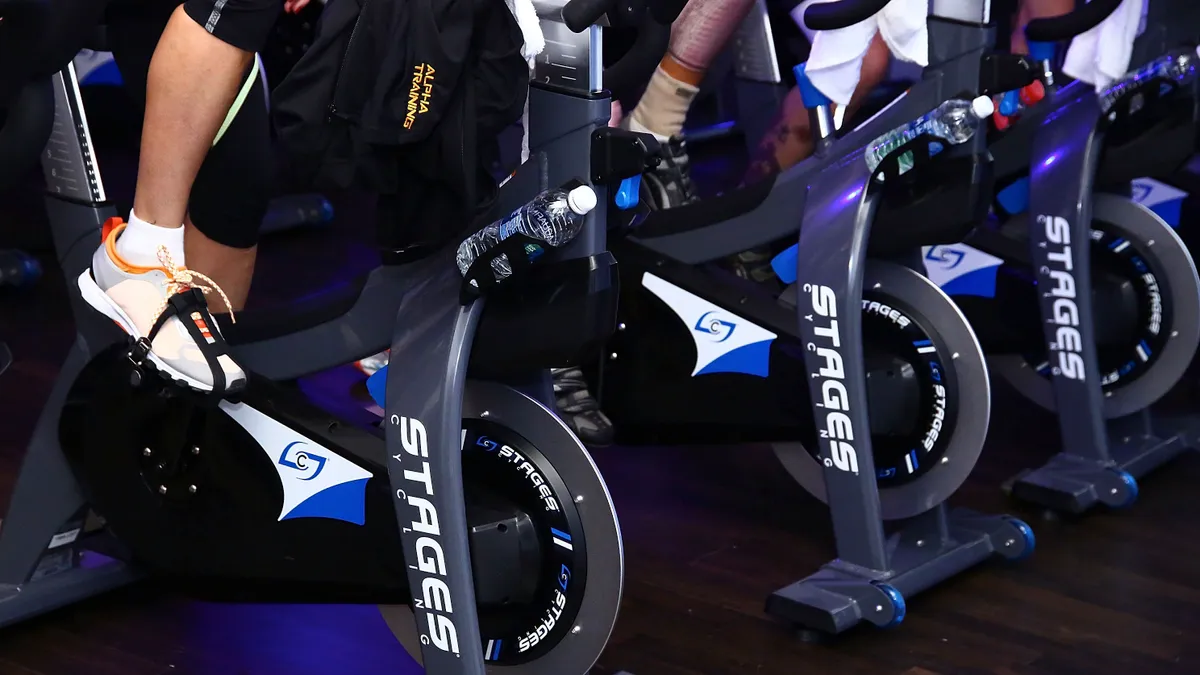
2. Mountain biking
If you're a mountain biker you'll already know the fun you can have getting down and dirty, but roadies should think about giving it a go too. The slower pace means that wind-chill has less effect, making mountain bike training an ideal alternative for those chilly winter mornings.
Good: Throwing your bike about is good for overall body conditioning, balance and strength. Mountain bike riding is a great option when roads are too treacherous.
Bad: Your kit will get muddy, so you’ll spend more time cleaning. Mountain biking involves plenty of freewheeling, so don’t expect the same workout as on the road.
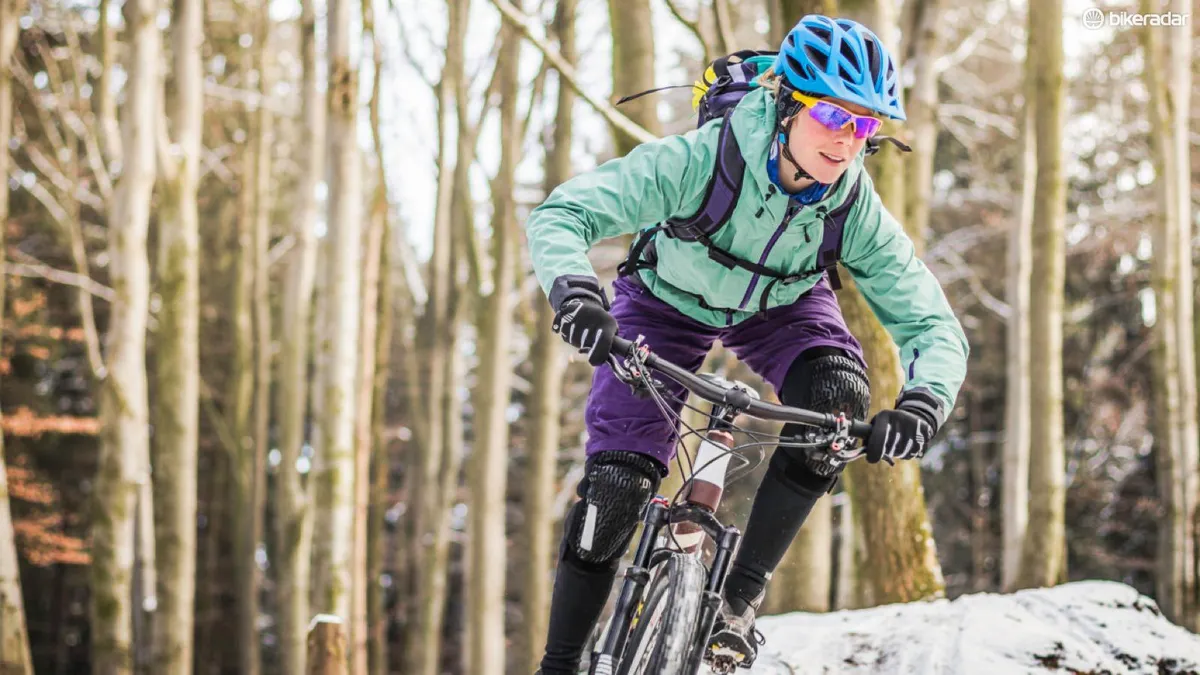
3. Turbo sessions
Turbo training involves setting your own bike up on an indoor smart trainer (a turbo) at home. Smart trainers can use a flywheel, fluid or a magnetic system to provide resistance to your pedalling.
Good: An intense workout that is time-effective. No stopping for junctions or freewheeling on descents means you squeeze more riding into less time.
Bad: Turbo sessions can get a bit boring. The constant whirring of the pedals and flywheel can also be noisy. Not great for getting in the domestic good books.
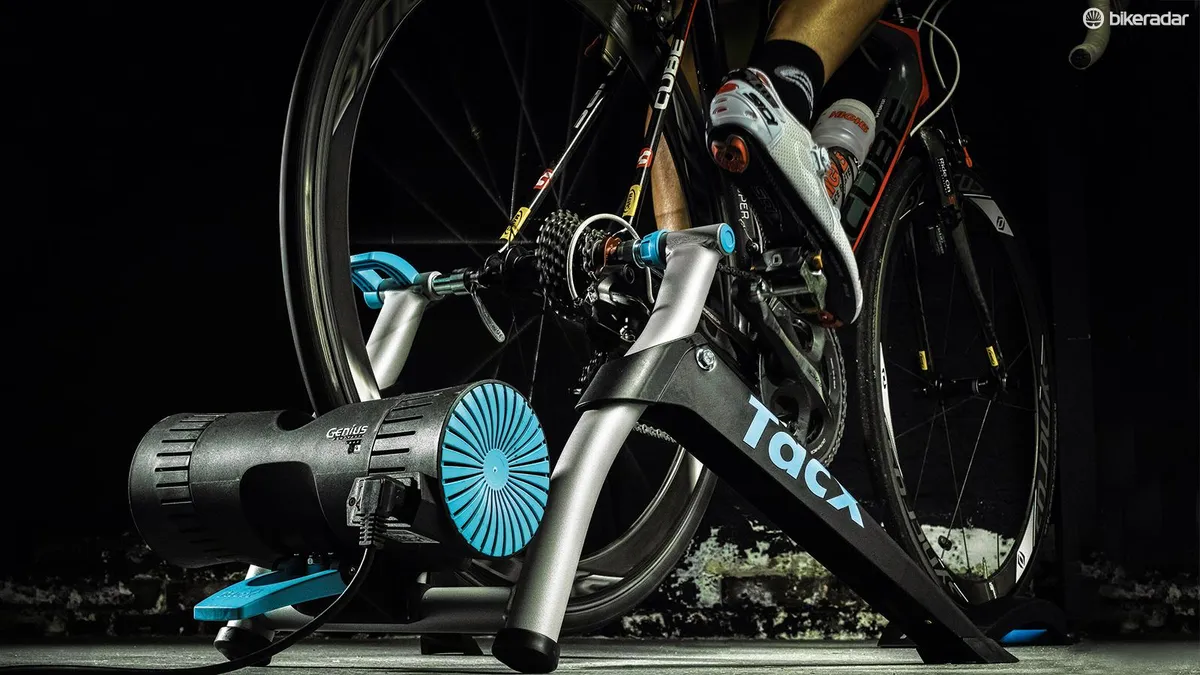
4. Training in the gym
Go to the gym and workout using free weights, cable machines, the gym bike or rower. Complete a circuit of exercises designed to complement and support your bike training.
Good: Using alternative muscle groups that complement your bike riding will help improve your overall conditioning and give you a break from the cold weather.
Bad: It’s nowhere near as good as riding your bike! If you only did this instead of bike riding, your cycling fitness would certainly plummet.

5. Night riding
Over the past 10 years, super-bright bike headlights have become increasingly popular and effective, making riding on off-road trails and unlit roads a feasible option. Night riding gives you an opportunity to train with other people during a working week.
Good: Night riding represents many people’s only option for doing an endurance session during the week. Ideal for anyone bored of turbo training.
Bad: Car drivers and potholes make road night riding a more dangerous option. Riding when the sun has gone down is often unbearably cold too.
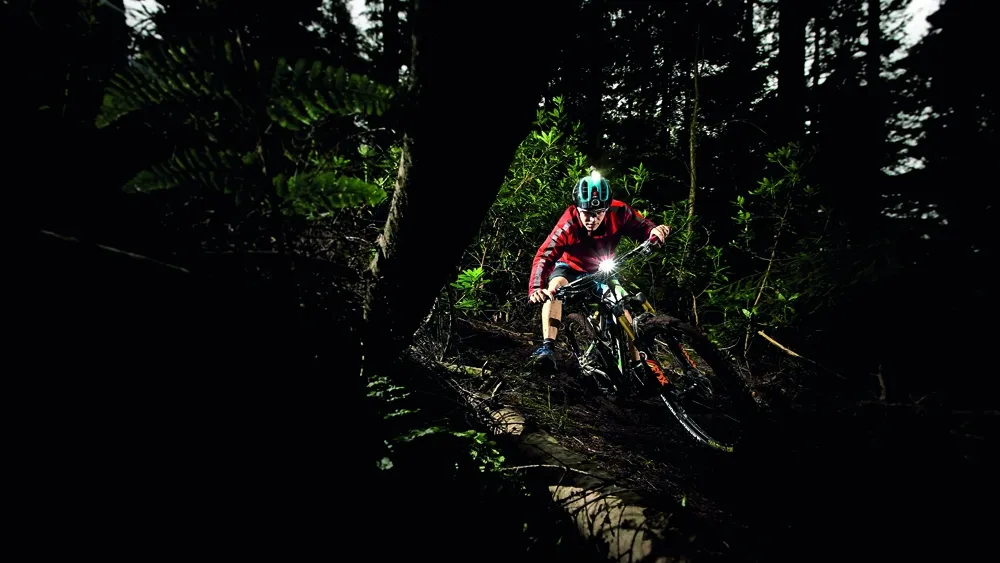
6. Weekend warrior riding
This means only riding your bike on a Saturday or Sunday morning, and ignoring it in the week. Saturday and Sunday morning rides are the staple winter cycling diet of many riders and racers.
Good: There are plenty of people to train with at weekends. You have more spare time so you can concentrate on endurance and building long winter rides.
Bad: If the weather is bad there’s always the temptation to skip your weekend rides. A few bad weather days could soon add up to a month off the bike!
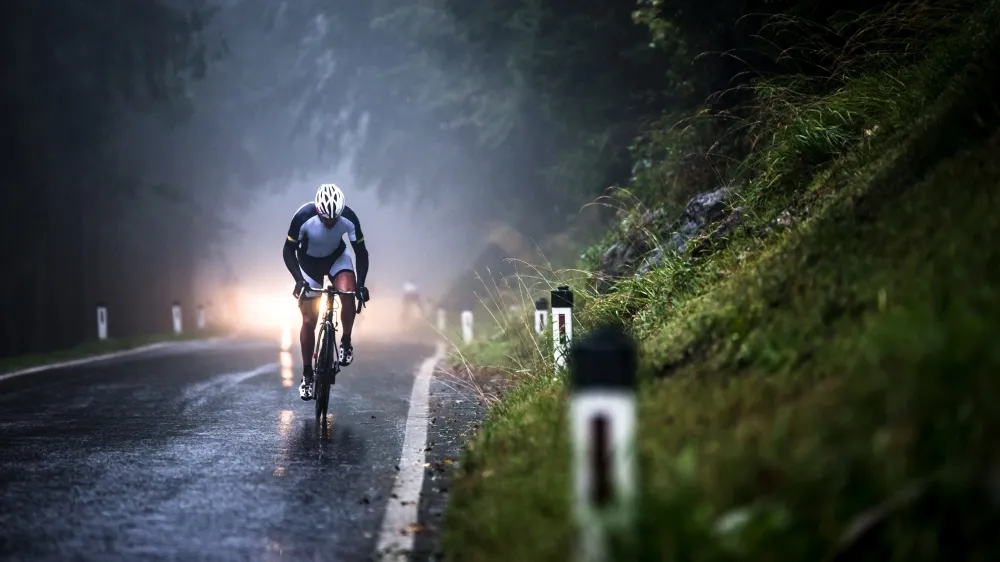
Article last updated 15 January 2018
